Profiling practices
Filter resources
-

Down with (discriminating) systems
Amidst a particularly hectic time for digital rights policy in Europe, there remains a large elephant in the room.
Read more
-

Digital rights for all
In this article we set out the background to EDRis’ work on anti-discrimination in the digital age. Here we take the first step to explore anti-discrimination as a digital rights issue, and then, what can EDRi do about it? The project is motivated by the need to recognise how oppression, discrimination and inequality impact the enjoyment of digital rights, and to live up to our commitment to uphold the digital rights of all.
Read more
-
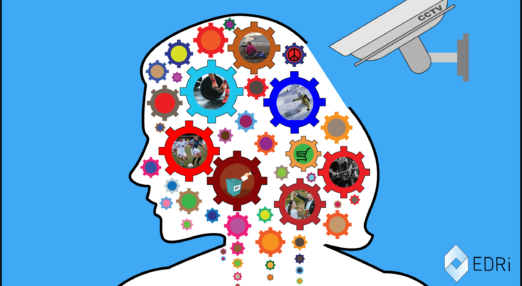
#WhoReallyTargetsYou: DSA and political microtargeting
Europe is about to overhaul its 20-year-old e-Commerce Directive and it is a once-in-a-decade chance to correct the power imbalance between platforms and users. As part of this update, the Digital Services Act (DSA) must address the issue of political microtargeting (PMT).
Read more
-
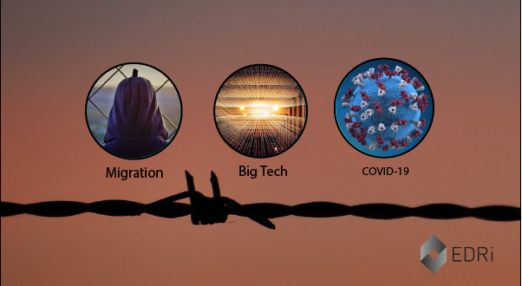
Technology, migration, and illness in the times of COVID-19
In our ongoing work on technology and migration, we examine the impacts of the current COVID-19 pandemic on the rights of people on the move and the increasingly worrying use of surveillance technology and AI at the border and beyond.
Read more
-
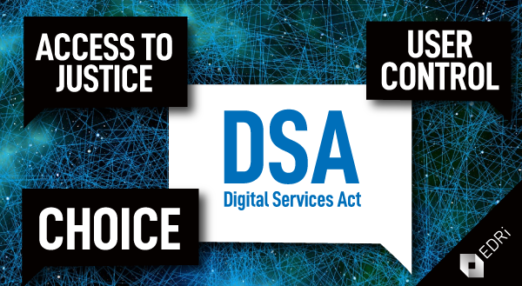
DSA: Platform Regulation Done Right
The DSA is as a unique opportunity to improve the functioning of platforms as public space in our democratic societies, to uphold people’s rights and freedoms, and to shape the internet as an open, safe and accountable infrastructure for everybody.
Read more
-
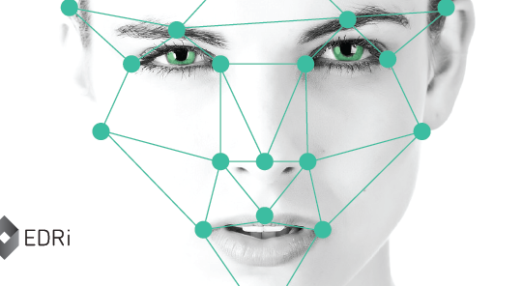
Facial Recognition & Biometric Mass Surveillance: Document Pool
Despite evidence that public facial recognition and other forms of biometric mass surveillance infringe on a wide range EU fundamental rights, European authorities and companies are deploying these systems at a rapid rate. This has happened without proper consideration for how such practices invade people's privacy on an enormous scale; amplify existing inequalities; and undermine democracy, freedom and justice.
Read more
-
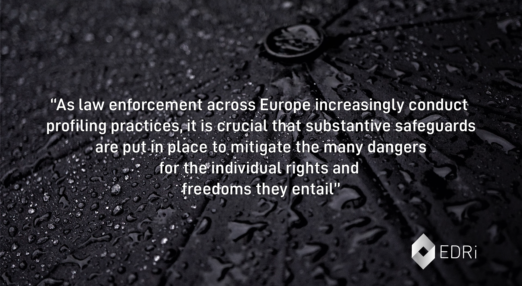
Stuck under a cloud of suspicion: Profiling in the EU
As facial recognition technologies are gradually rolled out in police departments across Europe, anti-racism groups blow the whistle on the discriminatory over-policing of racialised communities linked to the increasing use of new technologies by law enforcement agents.
Read more
-

Germany: Invading refugees’ phones – security or population control?
In its new study, EDRi member Society for Civil Rights (GFF) examines how German authorities sniff out refugees’ phones. The aim of “data carrier evaluation” is supposed to be determining a person’s identity and their country of origin. However, in reality, it violates refugees’ rights and does not produce any meaningful results.
Read more
-

Immigration, iris-scanning and iBorderCTRL
Technologies like automated decision-making, biometrics, and unpiloted drones are increasingly controlling migration and affecting millions of people on the move. This second blog post in our series on AI and migration highlights some of these uses, to show the very real impacts on people’s lives, exacerbated by a lack of meaningful governance and oversight mechanisms […]
Read more
-

Can we rely on machines making decisions for us on illegal content?
While automation is necessary for handling a vast amount of content shared by users, it makes mistakes that can be far-reaching for your rights and the well-being of society. Most of us like to discuss our ideas and opinions on silly and serious issues, share happy and sad moments, and play together on the internet. […]
Read more
-
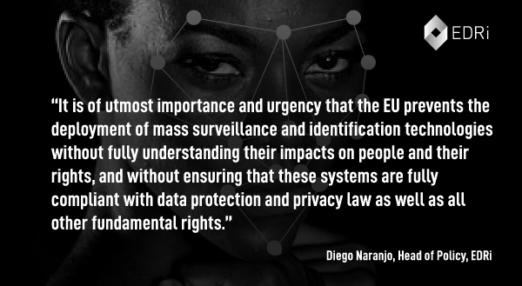
A human-centric internet for Europe
The European Union has set digital transformation as one of its key pillars for the next five years. New data-driven technologies, including Artificial Intelligence (AI), offer societal benefits – but addressing their potential risks to our democratic values, the rule of law, and fundamental rights must be a top priority. “By driving a human rights-centric […]
Read more
-
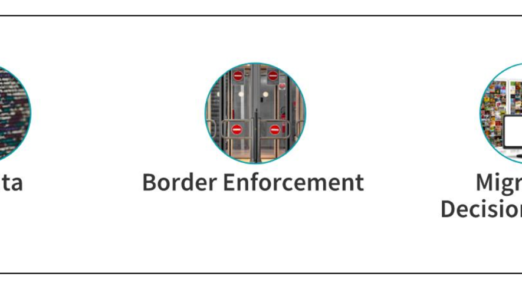
The human rights impacts of migration control technologies
This is the first blogpost of a series on our new project which brings to the forefront the lived experiences of people on the move as they are impacted by technologies of migration control. The project, led by our Mozilla Fellow Petra Molnar, highlights the need to regulate the opaque technological experimentation documented in and […]
Read more
